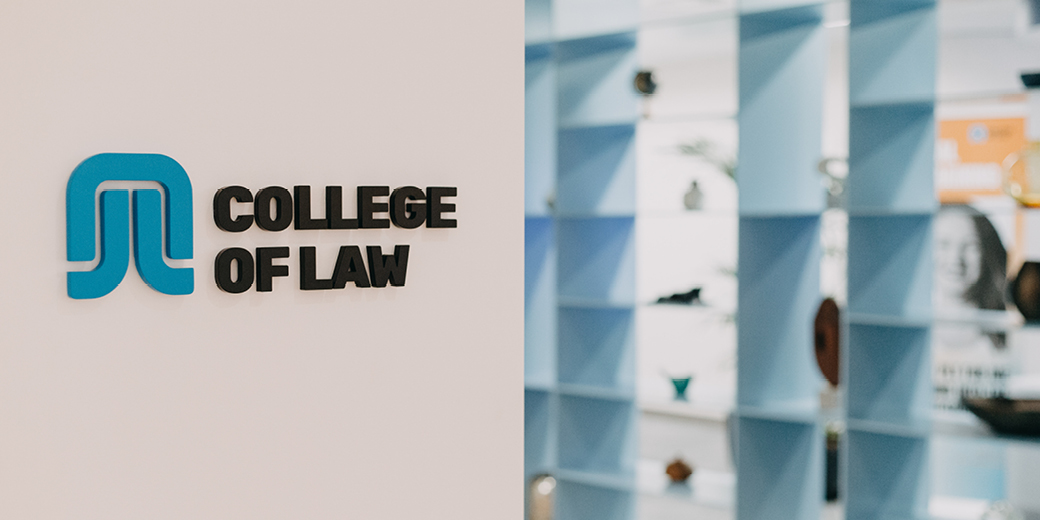Recent media commentary concerning the College’s Practical Legal Training (PLT) program presents an opportunity to clarify some important facts.
Some relevant facts are as follows:
Fees
Fact 1: The College’s PLT fee of $9200 is the lowest of any NSW PLT provider.
Fact 2: The College’s PLT fee is the second lowest of any Australian PLT provider.
Fact 3: The College’s PLT fee has decreased in real terms over the last 10 years.
Fee in 2015 - $ 8,560
Equivalent in 2024 dollars* - $11,024
Actual 2025 fee - $ 9,200
*Applying the Reserve Bank’s CPI calculator
Fact 4: Most PLT students make use of the Fee-HELP scheme to fund their PLT studies, removing any financial barrier to admission.
Student satisfaction
Fact 5: Students in all College NSW PLT courses finishing in January and February 2025 were asked to rate on a scale of 1-10 “How likely is it that you would recommend the College of Law to a friend or colleague?”
52% rated likelihood of recommendation as 9 or 10
30% rated likelihood of recommendation as 7 or 8
82% overall positive.
Student learning
Fact 6: At the commencement of each College PLT course students are asked to assess their own skill levels in 14 practical legal tasks (including drafting pleadings, drafting affidavits, appearing in an interlocutory application, conducting a property settlement, advising on business entities). Students are asked to do the same self-assessment at the end of the course.
In the NSW courses finishing in January and February 2025 students reported an overall improvement of 36% in their level of skill across all 14 tasks with most improvement reported in Commercial and Corporate Practice (71% improvement), Property Practice (53% improvement) and Civil Litigation (35% improvement).
Students attributed the improvement in their skills 40% to the College PLT course alone and 52% to a combination of the PLT course and experience in the workplace.
These reported improvements are consistent across all College PLT courses.
Fact 7: To pass the College PLT course every student must pass 6 x 50 minute oral assessments – 4 in core subjects and 2 in elective subjects - covering the full range of the Competency Standards for Entry Level Lawyers. It is not possible for a student to pass the College course without demonstrating satisfactory mastery of the competency standards in these assessments.
Academic integrity
Fact 8: The College is the only Australian PLT provider that relies entirely on 1 on 1 oral assessment for a student’s final grades.
Fact 9: On submission of each written coursework activity students are required to certify that the submission is their own work and the ethical implications of this certification are communicated to students.
Fact 10: The College furnishes student conduct reports to the NSW LPAB detailing any academic conduct issues for consideration in the admission process.
Support for students
Fact 11: The College supports regional students by delivering the attendance elements of the PLT course at Coffs Harbour, Armidale, Wollongong and Lismore as well as at Parramatta and the Sydney CBD.
Fact 12: Included in the College PLT fee are –
- access to a College careers counselling service
- access to the extensive resources of the College’s Centre for Legal Innovation
- hands-on experience in the building of a legal chat bot
- access to a jobs vacancy noticeboard.

